If you purchase animal-based food products, making sense of labels can often seem like an exercise in trust. And it’s not helpful that we’re seeing more and more greenwashing and misleading marketing terms across a range of industries, especially food. So we understand that, for conscious consumers looking for higher-welfare products, it can be tough to figure out what really means better animal welfare.
This is why a robust certification program is important. With a good certification program, the logo on the packaging is actually the result of a stringent process – a process that ensures the item has been produced in accordance with specific standards and values.
For animal-based products, we know that consumers want to be able to trust that the animals have been raised with welfare as a priority – including an environment that provides a better quality of life.
And many of the marketing terms and labels that we see don’t, and can’t, give this full picture. But an easy-to-recognise logo from a good certification program can give consumers that quick assurance in a few seconds.
So, what’s important for a good certification program?
Make sure it has the big four.
When it comes to how animals are farmed in Australia, standards and practices can vary between farming systems and individual producers, with many methods of (often painful) husbandry procedures legal, but not necessarily best for animal welfare.
That’s why we recommend looking for four key features in a certification program: detailed standards that are publicly available, regular assessment and independence.
Having a detailed set of standards provides the foundation for a certification program which all other aspects can be measured against. For RSPCA Approved, that means standards (which are regularly reviewed) that focus on addressing the physical and behavioural needs of the animal and are animal-specific, as different species have different needs.
Standards should be publicly available, so that those that want to know more can find information easily and at any time. That’s why the RSPCA Approved standards, as well as accompanying material, are publicly available on our website.
Equally as important is the inclusion of a regular assessment process. With RSPCA Approved, once a Producer achieves certification after initial assessments, it doesn’t end there. There’s a stringent and multilayered process for ongoing certification which involves Assessors and Certification Team members that are part of the Certification Body.
Lastly, a good certification program will be independent to remain objective and solely focused on the program’s mission, without influence from other parties. The RSPCA Certification Body within the RSPCA Approved Farming Scheme acts independently to the rest of the organisation, to ensure the decisions they’re making are focused solely on the animal welfare requirements.
Why is all this important?
As a consumer, you can drive change for some of Australia’s most intensively farmed animals through your purchasing choices. Retailers look for trends in purchasing behaviour to determine what to stock in their stores and to align their businesses with the issues and values consumers care about.
Marketing material or labels often don’t give the whole picture – but with a robust certification program like RSPCA Approved, you’re in a much better position to know the full story about where your food comes from.
Interested in reading more?

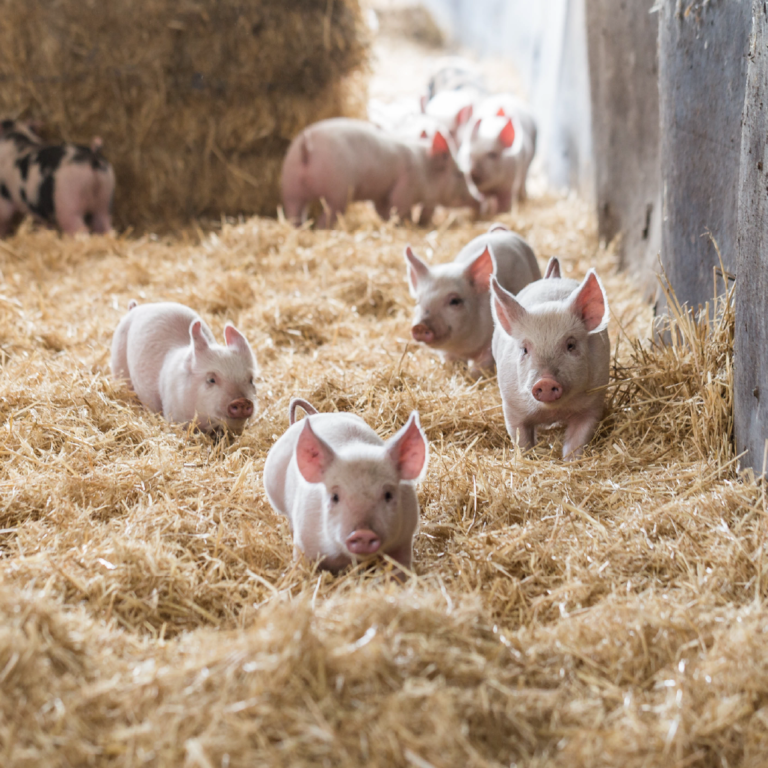
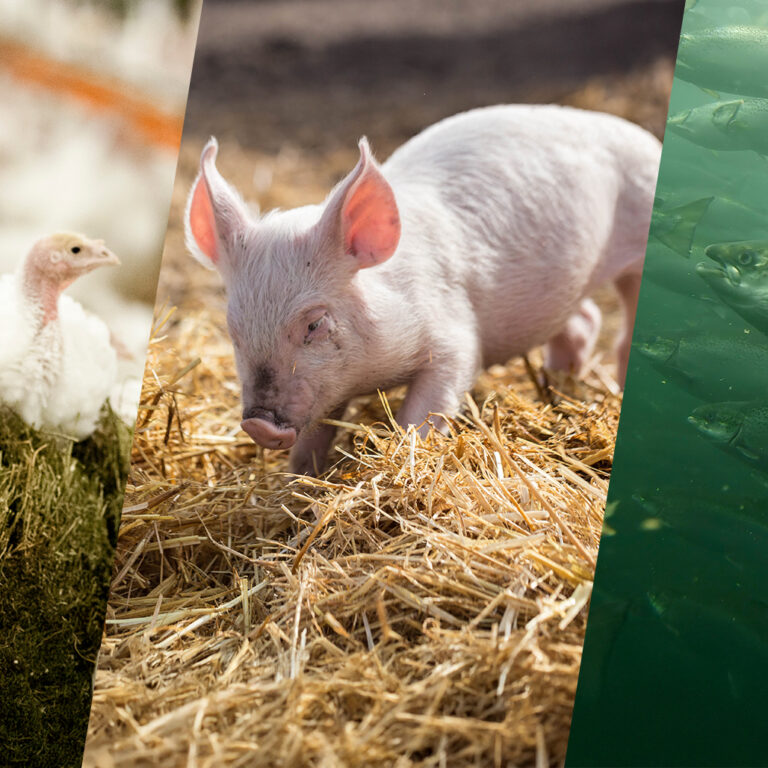
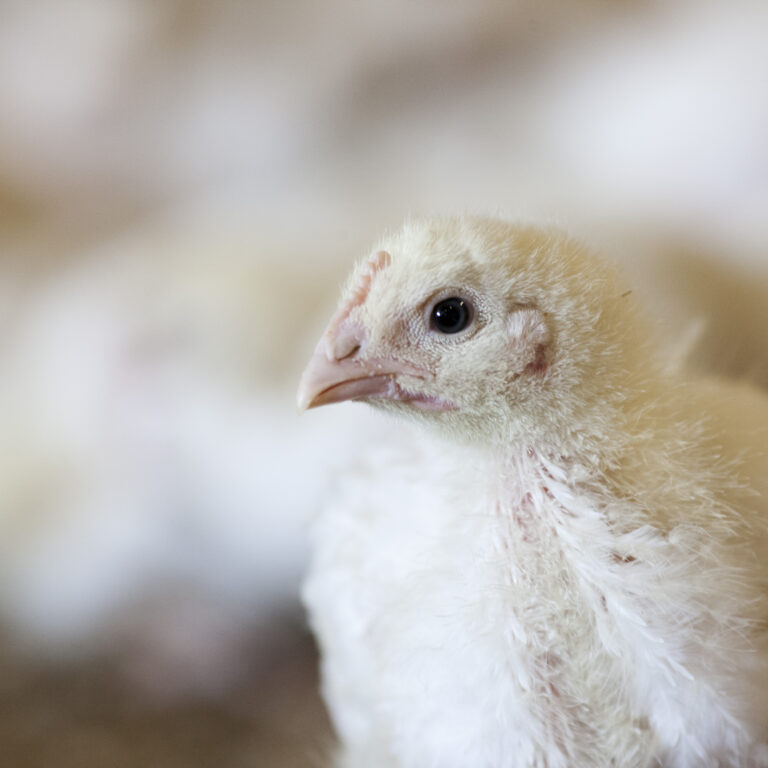
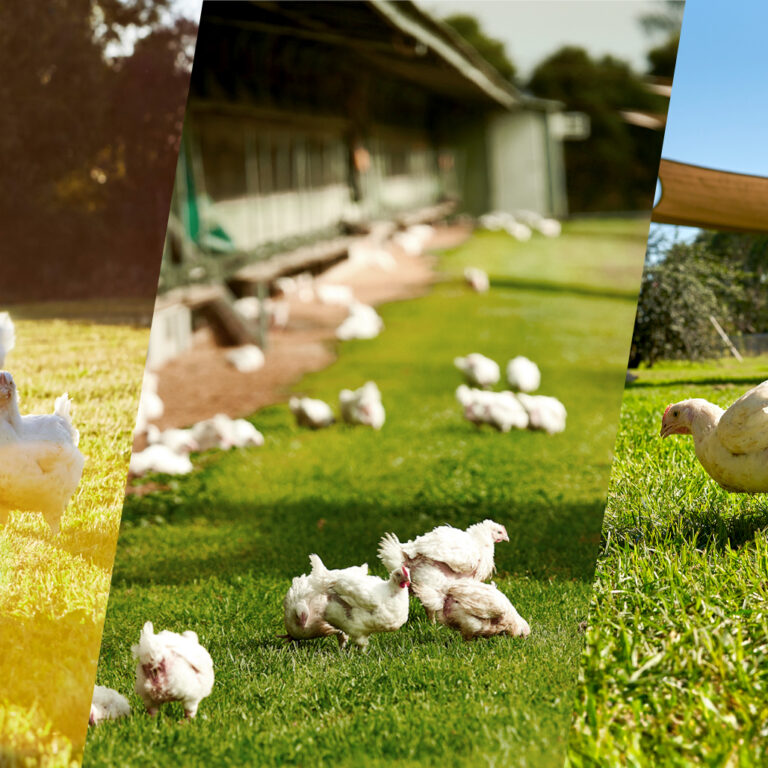
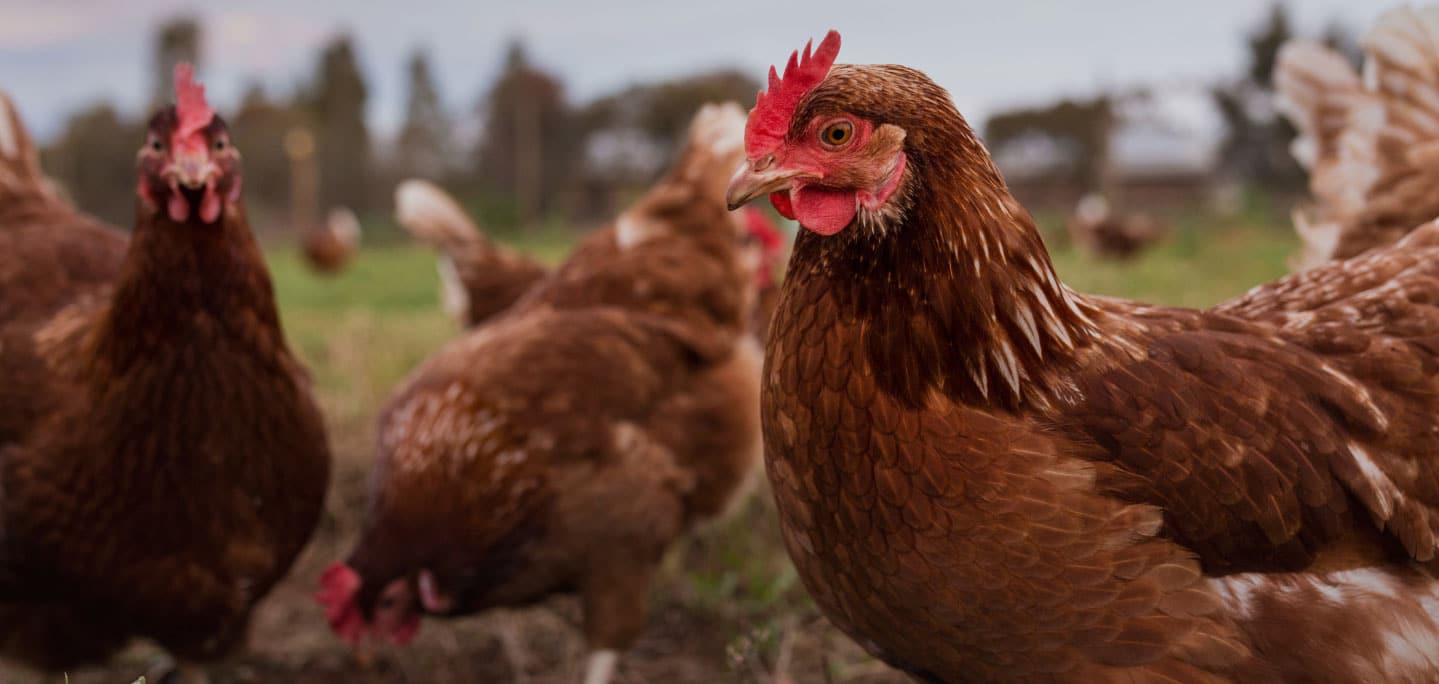

13 Comments
13 responses to “What’s Important for a Good Certification?”
So love the information! Allows me to make a difference when purchasing goods for the better welfare of our animals
What is the RSPCA doing about the horrifically violent deaths of pigs subjected to gassing in all Australian abattoirs?
Hi Catherine,
The RSPCA shares concerns about the use of CO2 stunning for pigs. You can read our statement from this week here: https://www.rspca.org.au/media-centre/news/2023/rspca-calls-again-pig-industry-action-improve-stunning
Stunning prior to slaughter is legally required in Australia. Stunning is intended to render pigs unconscious so that slaughter can be carried out while the animal is insensible to pain. There are two commercial pig stunning methods available in Australia: electrical stunning and exposure to high concentrations of CO2 gas. In contrast to electrical stunning, stunning with CO2 gas allows pigs to be stunned in groups, with minimal restraint, less handling, and therefore less stress before stunning. However, there are welfare issues with CO2 gas stunning at the point of stun, including: inhaling CO2 is unpleasant, painful; variability between pigs’ responses to CO2; pigs are not rendered immediately unconscious; and inhaling high concentrations of CO2 causes pain and difficulty breathing.
The RSPCA engages with the pig industry and government to push for higher animal welfare standards, including currently through the review of Australian Standards & Guidelines for the welfare of livestock at slaughtering establishments. We continue to highlight the critical need for investment in research to develop stunning systems that retain the welfare benefit of group handling and minimal restraint of pigs while avoiding negative animal welfare impacts.
I hope this information has been helpful to you, thank you for caring about pig welfare.
Thanks for all you are doing. Please keep up the pressure on pig farming and rodeos. Along with Animals Australia you give us and helpless animals a much needed voice in this sadly barbaric world.
Thank you very much for your kind words of support Jill.
Should also include slaughter methods which, as we know, can be inhumane such as in the pork industry
Hi Lisa,
You are absolutely correct that when it comes to animal welfare, an animal’s entire life cycle is important – which includes transport and slaughter in a way that minimises pain, suffering and distress.
The RSPCA Approved Farming Scheme has animal specific welfare requirements for slaughter as part of our standards for meat chickens, turkeys, pigs, farmed Atlantic salmon and dairy calves. This includes calm and careful handling, that operators are appropriately trained and competent, that animals are stunned before slaughter (vital to ensure best animal welfare practice as there are much greater risks of an animal suffering during slaughter without stunning), and that CCTV is present in any areas where live animals are handled or processed at abattoirs.
You can read more about these requirements here: https://rspcaapproved.org.au/become-certified/standards/
We hope this information has been helpful to you, Lisa.
I was naive to think that other organisations place eco friendly with the nature and animal welfare practices in mind, it appears many of them don’t, and I’ve just learn a new term ‘greenwashing’ and what that means. Very useful article, I’m always very conscious of my purchase decisions.
Hi there,
Thank you very much for sharing and looking to make welfare conscious choices.
We agree, it can be really confusing with so many labels on packaging, so we try as much as possible to help people navigate what they mean and how such claims can impact animals.
We are so glad you found this blog useful!
I’ve located the information by a search.
Apologies for earlier message. Please continue to advocate on behalf of all pigs who are so deeply deserving of our care.
Thank you for not forgetting them because as you know too well, all animals feel pain and fear and all animals experience joy, hope and the will to live.
For everything you do for the animals, thank you with all our hearts.
Thank you for all the advocacy you have done for pigs in the past and continue to do now. They deserve to be treated with care, respect and dignity. Thank you for the great work you do with other animals as well.
Thank you for your kind words of support, Jen.
[…] READ MORE ABOUT WHAT IT TAKES TO OBTAIN + KEEP CERTIFICATION […]